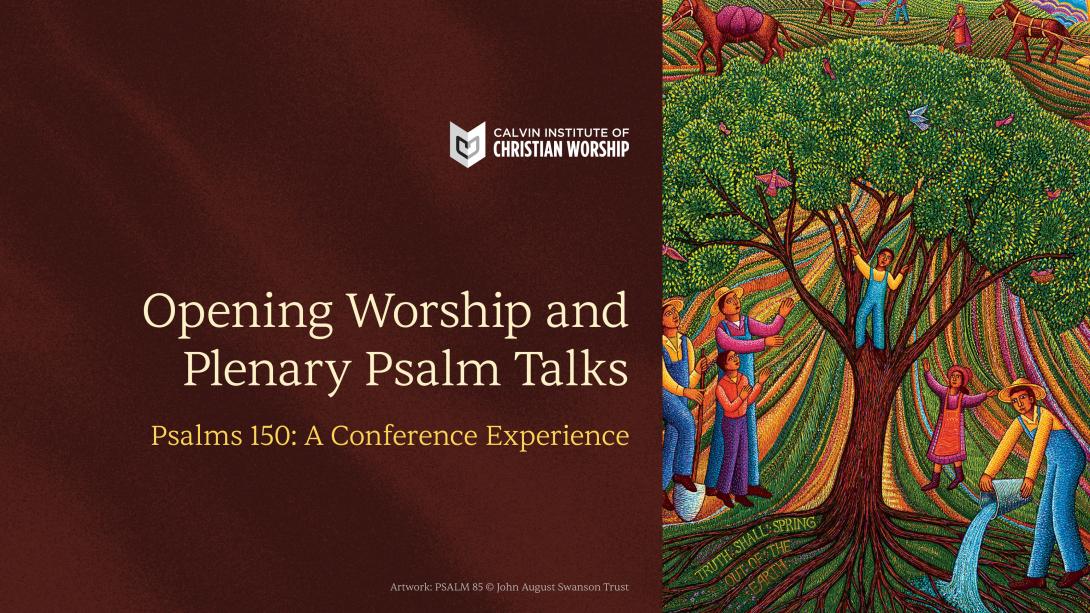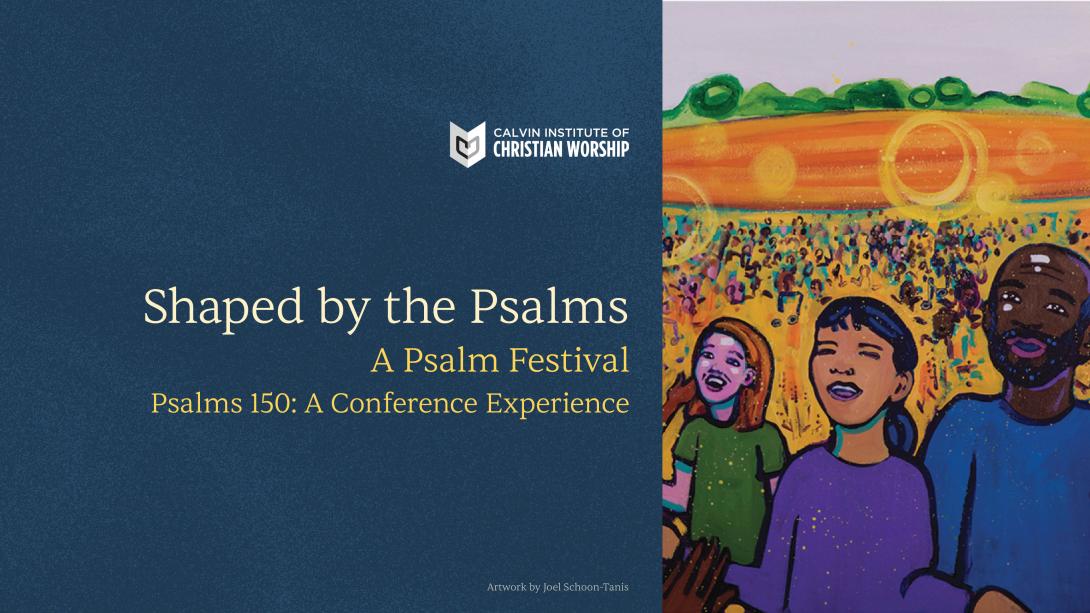An Open and Discerning Approach to Culture: #5 in a series on the "10 Core Convictions about Worship" from Calvin Worship Institute on Vimeo.
How does worship relate to culture? How is worship in culture, but not of it? The Lutheran World Federation's Study Team on Worship and Culture met in Nairobi in January of 1996 and produced the Nairobi Statement on Worship and Culture. The statement presents four central principles of the relationship between worship and culture:
1) Worship is transcultural (Worship has certain dynamics that are beyond culture).
2) Worship is contextual (Worship reflects local patterns of speech, dress, and other cultural characteristics).
3) Worship is counter-cultural (Worship resists the idolatries of a given culture).
4) Worship is cross-cultural (Worship reflects the fact that the body of Christ transcends time and space).
We have found that the most meaningful worship - and the wisest worshiping community - does not just choose one of these four as its defining principle, but instead is invigorated by the truth of all four.
Note how this statement nuances the model of being "in but not of" culture, and calls us to a more sophisticated understanding of worship's relationship to culture.
The complete text of the Nairobi Statement is posted at the Lutheran World Federation website. It was also published in Christian Worship: Unity in Cultural Diversity, ed. S. Anita Stauffer (Geneva: Lutheran World Federation, 1996).
We encourage worshipers and worship leaders to reflect on it as they consider the context and challenges of their culture, and answer God's call to worship within it and minister to it.
Related Resources
- Nairobi Statement in Korean
- Nairobi Statement in Spanish
- 10 Core Convictions about Worship
- Worship, Worldview, and Way of Life, by David Naugle





